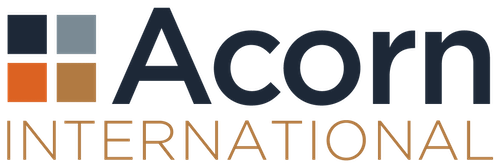ISSUE NO. 29: WHAT THE “S”?
WHAT IS “S” AND WHY DOES IT MATTER?
“S” heavily impacts operating performance and its management drives towards earnings’ predictability
(This is part one of an occasional series on business social performance and its execution for corporations)
WHAT DO WE MEAN BY “S”?
“S” stands for social performance. It is an abbreviation for the human elements that affect a company’s operations. “S” encompasses stakeholders – those qualitative inputs to operations, which while unpredictable, still have expectations that need addressing. “S” can represent workers, customers, and local (“host”) communities for investors, analysts, governments as well as the media. Influential, “S” can be partners, allies or adversaries. Stakeholders hold vested interests in a corporation’s performance, good or bad, and can represent the difference between predictable revenue and disruptions.
“S” moved fully from the sidelines into the limelight in 2020. It is the middle child of ESG (environmental, social, governance) aspects and increasingly used as a key factor to evaluate a company’s rating. Its importance accelerates daily. Crises historically have shone a light on social, and even racial, inequities and the current pandemic is no exception.
Like middle children, it’s often been ignored and critically misunderstood. For example, until recently many people understood the “S” in a strikingly narrow sense—the use or non-use of slave labor and/or presence or absence of significant worker abuse. However, the pandemic has broadened the focus of what might readily seen and associated with corporate social performance. Workforce resilience, health and safety, business and community relations, and social equity are a few of the movements coming to the forefront of consciousness.
Corporations and investors historically focused on environmental activities when considering ESG. That changed this year. In an age of increased calls for corporate responsibility, a company’s social performance is becoming as important as financial and environmental performance to customers, investors, employees and other stakeholders.
At Acorn International, we’ve spent our careers working with some of the world’s largest corporations, financial institutions, and government agencies. From refinery towns on the Gulf Coast to small towns hosting meatpacking plants in the Midwest, from indigenous Brasilian communities hosting mining operations to refugees living near a Bangladeshi LNG development, we work on behalf of responsible businesses to forge solutions to societal risks that would otherwise undermine critical relationships, reputations and profits.
WHY IS SOCIAL PERFORMANCE IMPORTANT?
Social Performance amounts to behaving as a good corporate citizen – across all interactions and relationships – this ‘new’ behavior is no longer voluntary.
- Regulatory authorities now audit compliance with protocols once reserved for international (ex-U.S.) operations.
- Consumers and investors want clean supply chains and brands that back their workers and other stakeholders over profits, not the other way around.
- Workers expect equitable treatment and are willing to take action in the face of perceived inequity. (Examples abound in 2020, including meatpacker and other essential worker challenges, actions with the tech industry, et al.)
EVIDENCE OF INCREASING “S” IN BUSINESS PERFORMANCE:
Recently, corporations have started responding to the “S” focus of consumers, workers, finance companies and increasingly, investors. This has been reflected in the shifting proportions of our consulting engagements for total social performance solutions. In just 3 years this has shifted from <50% to >75% of our business.
Accelerating inflows to Social Investment (SI) funds also reflects investor appreciation that good social performance means good business performance.
CRITICAL ELEMENTS INSIDE “S”
There are a wide range of constituent risk-related activities that touch upon “S”. A partial list includes:
- Local or host community relations,
- Labor and workforce management (including diversity, equity and inclusion),
- Assessment and management of business or project impacts,
- Social investment (including philanthropic expenditures and strategic local spending)
- Stakeholder engagement,
- Human rights protection,
- Internal and External communications
Taken together, these elements determine how a company behaves socially, in regards to:
- Its workforce,
- The community that hosts the business, and
- The broader marketplace.
Through our experience we’ve come to understand why the “S” is so important for businesses, and what can be done to drive real progress towards getting it right. In the weeks ahead, we will offer a series of short posts on taking action on “S”.
News & Notes

Acorn International
1702 Taylor St, Suite 200B
Houston, TX 77007, USA
1213 Purchase St
New Bedford, MA 02740, USA
